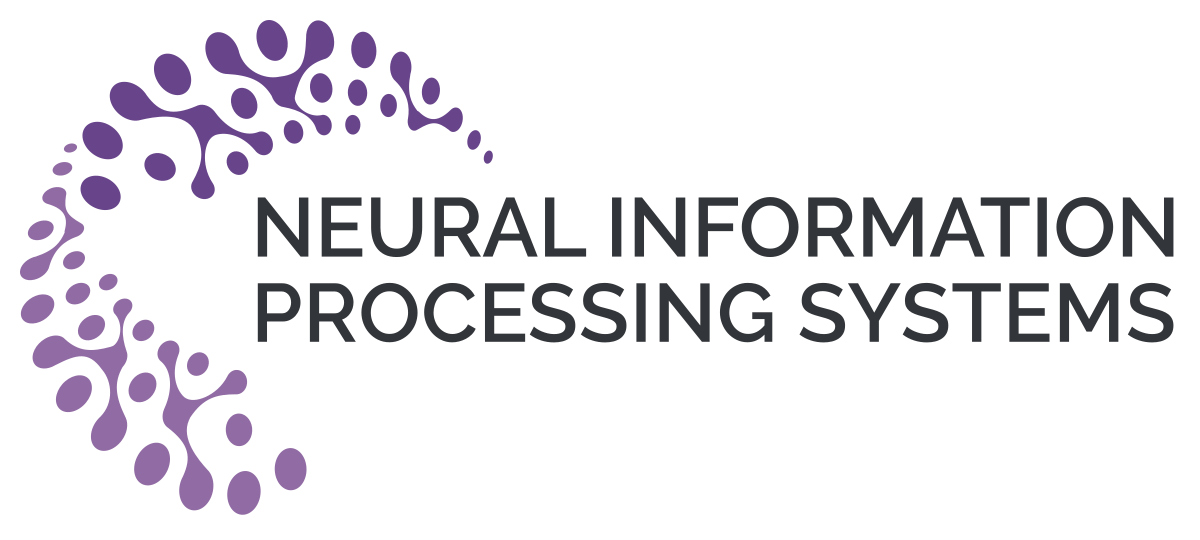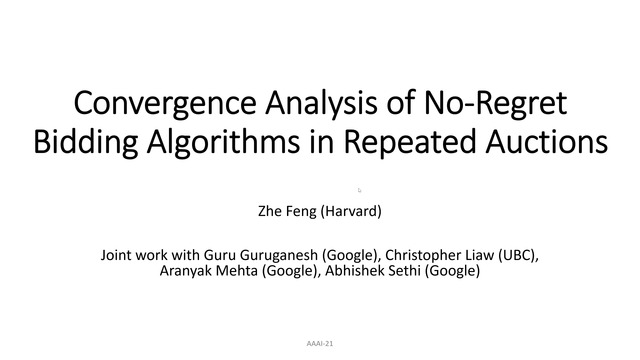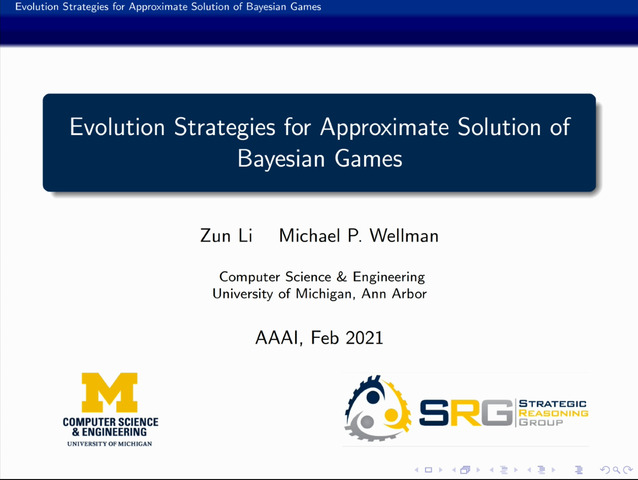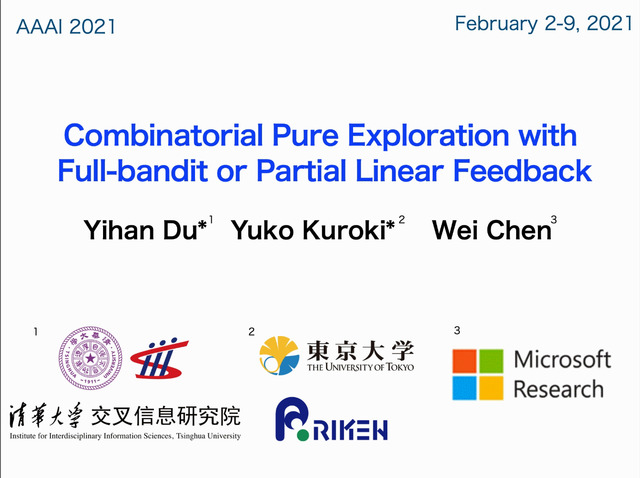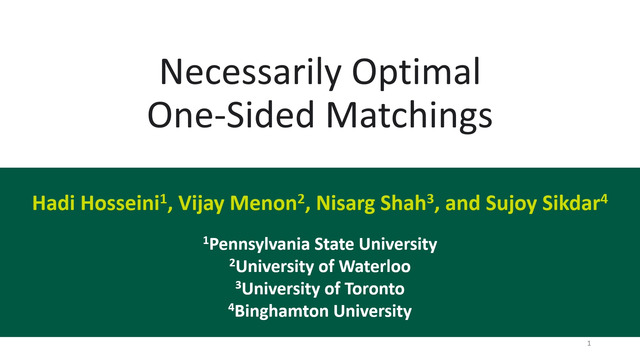Abstract:
In non-truthful auctions, agents' utility for a strategy depends on the strategies of the opponents and also the prior distribution over their private types; the set of Bayes Nash equilibria generally has an intricate dependence on the prior. Using the First Price Auction as our main demonstrating example, we show that $\tilde O(n / \epsilon^2)$ samples from the prior with $n$ agents suffice for an algorithm to learn the interim utilities for all monotone bidding strategies. As a consequence, this number of samples suffice for learning all approximate equilibria. We give almost matching (up to polylog factors) lower bound on the sample complexity for learning utilities. We also consider a setting where agents must pay a search cost to discover their own types. Drawing on a connection between this setting and the first price auction, discovered recently by Kleinberg et al. (2016), we show that $\tilde O(n / \epsilon^2)$ samples suffice for utilities and equilibria to be estimated in a near welfare-optimal descending auction in this setting. En route, we improve the sample complexity bound, recently obtained by Guo et al. (2019), for the Pandora's Box problem, which is a classical model for sequential consumer search.

